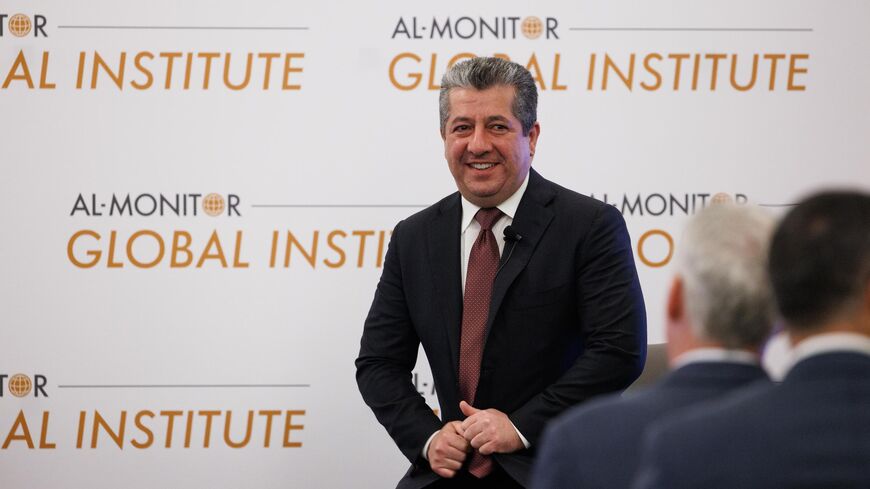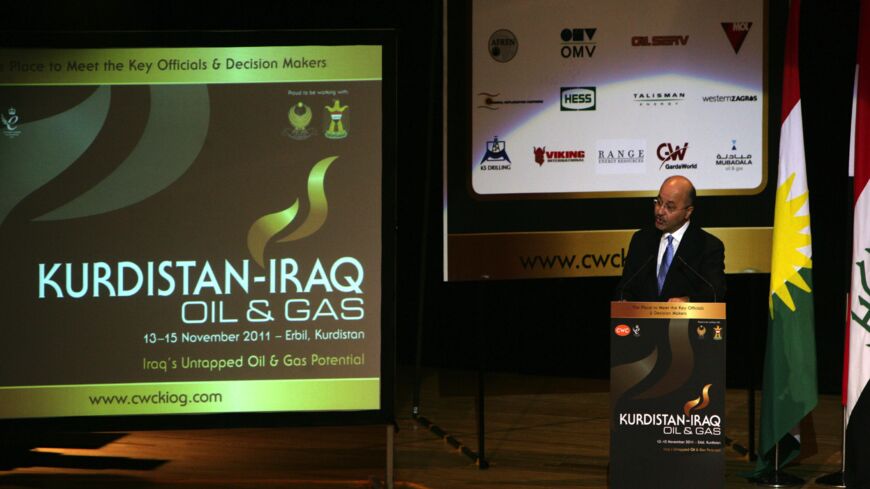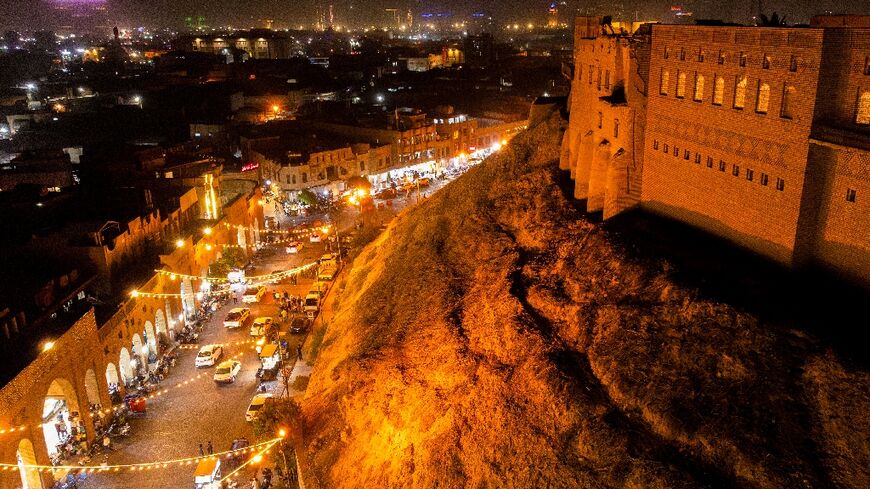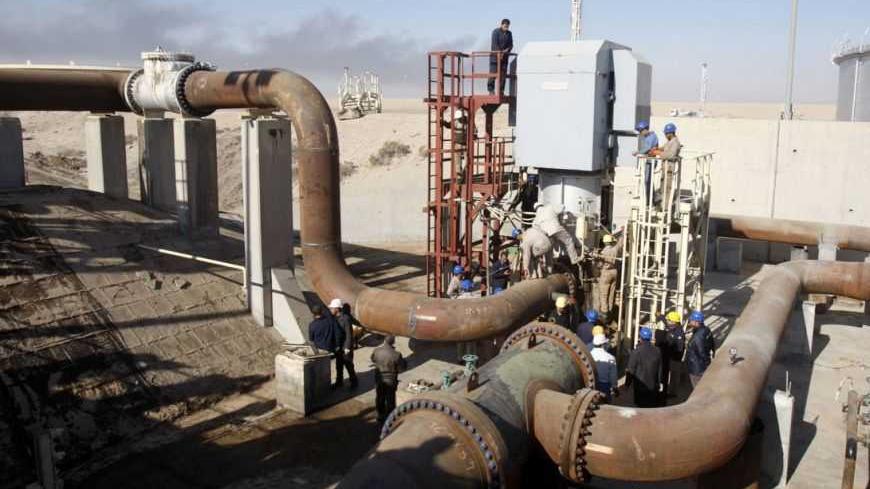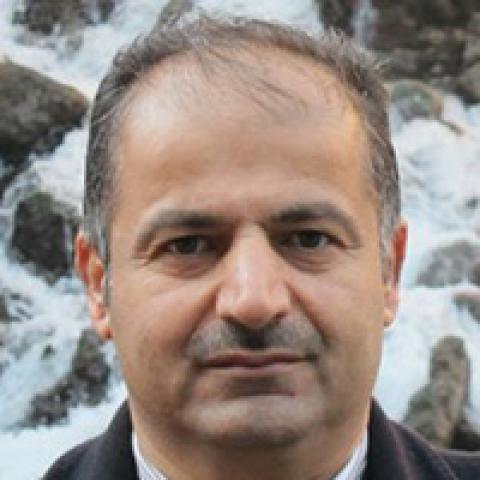US backs more energy investment in Kurdistan region: Energy secretary
Speaking at the Al-Monitor Global Institute event, US Energy Secretary Chris Wright signaled American support for further investment in Iraqi Kurdistan’s hydrocarbon resources.
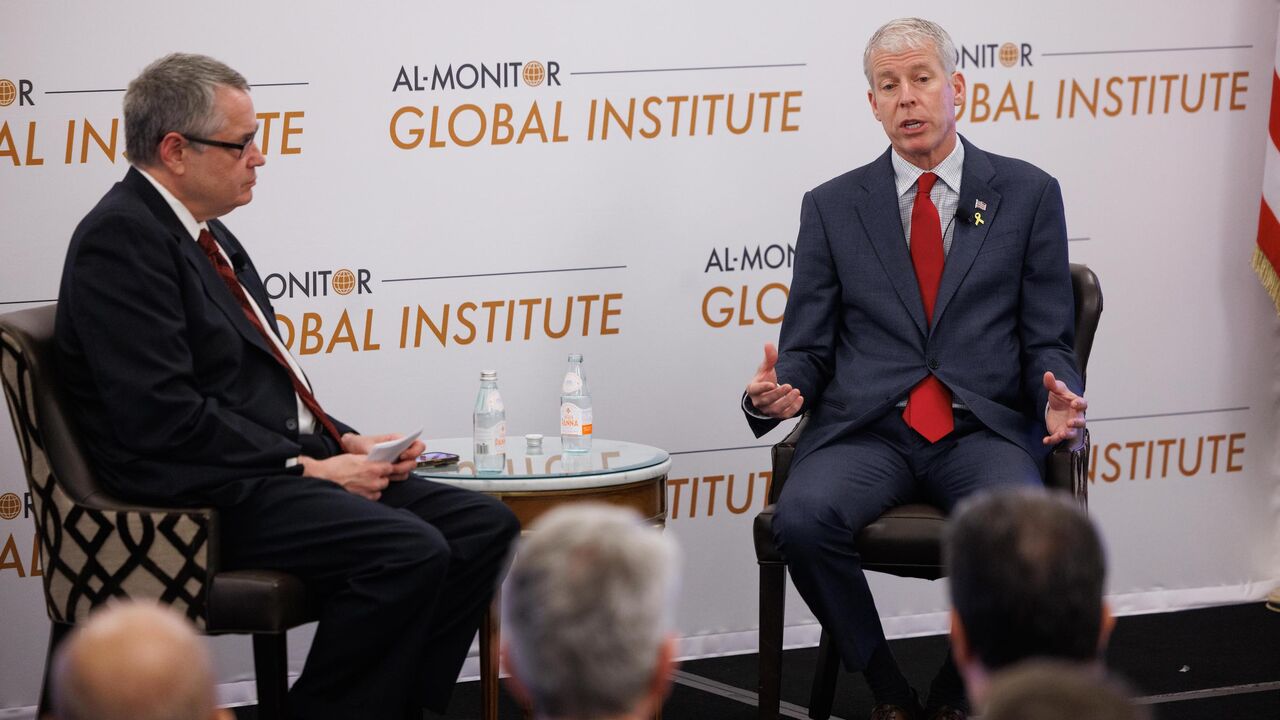
WASHINGTON — The Trump administration is brushing off the Iraqi central government’s objections to new deals to develop Iraqi Kurdistan’s oil and gas reserves, estimated to generate $110 billion in revenues over the lives of the projects, that were signed earlier this week with American firms HKN Energy and WesternZagros
US Energy Secretary Chris Wright signaled the administration would continue to pursue energy investments in the country’s northern autonomous region in order to help develop its untapped resources.
“We are very keen to work with and support the people of the Kurdistan region to turn their endowments underground into resources,” Wright told an audience at an Al-Monitor Global Institute event in Washington on Thursday.
"I see great opportunity for American cooperation there, as evidenced by the signing of these two deals, and we would love to see that commercial relationship grow and flourish the oil production in the region, and very exciting projects in natural gas that can help electricity generation in the Kurdish region," Wright said.
We are pleased to see the commercial relationship between the United States and Iraqi Kurdistan Region expand with the signing of agreements with U.S. companies. These types of partnerships will strengthen gas production in Iraq and benefit both of our peoples.
— U.S. State Dept - Near Eastern Affairs (@StateDept_NEA) May 20, 2025
Under the signed deals, HKN Energy is set to develop the Miran gas field west of Sulaimaniyah, which contains an estimated 8 trillion standard cubic feet of natural gas. WesternZagros will develop Topkhana-Kurdamir, which holds an estimated 5 trillion cubic feet of gas and about 900 million barrels of oil.
Iraqi Prime Minister Masrour Barzani, also speaking at the event, disregarded Baghdad's objections, calling the agreement “absolutely constitutional" and "a deal that everybody is looking for.”
The Iraqi Oil Ministry slammed the deal as a violation of the Iraqi Constitution. "Natural resources belong to all Iraqis, and any agreement to invest in them must be made through the federal government," the ministry said in a statement on Monday.
The agreement enjoys full US support and marks the first major American energy investment in Iraqi Kurdistan since Donald Trump returned to office.
Regarding the development of gas in Kurdistan and the potential for its existing power infrastructure production to deliver electricity to its neighbors, Wright said, "This is fantastic. This is very aligned with President Trump's agenda."
Although Iraq holds some of the region’s largest oil and gas reserves, it remains heavily dependent on Iranian natural gas to generate electricity — with shortfalls that persist more than two decades after the US invasion.
Rolling summer blackouts have fueled popular protests, some of which in recent years have devolved into violence against demonstrators by security forces.
"We need Iraq and others off Iranian dependence," Wright said during the Al-Monitor Global Institute event.
Iraq's Kurdistan region currently produces 650 million cubic feet of natural gas per day, as well as 8,000 megawatts. That only accounts for roughly half of the autonomous region's electricity needs, KRG Energy Minister Kamal Mohammad said during Thursday's event.
The KDP-dominated government has set a goal for achieving 24 hours a day, full energy coverage in areas of the autonomous region under its influence by next year, Barzani said Thursday.

